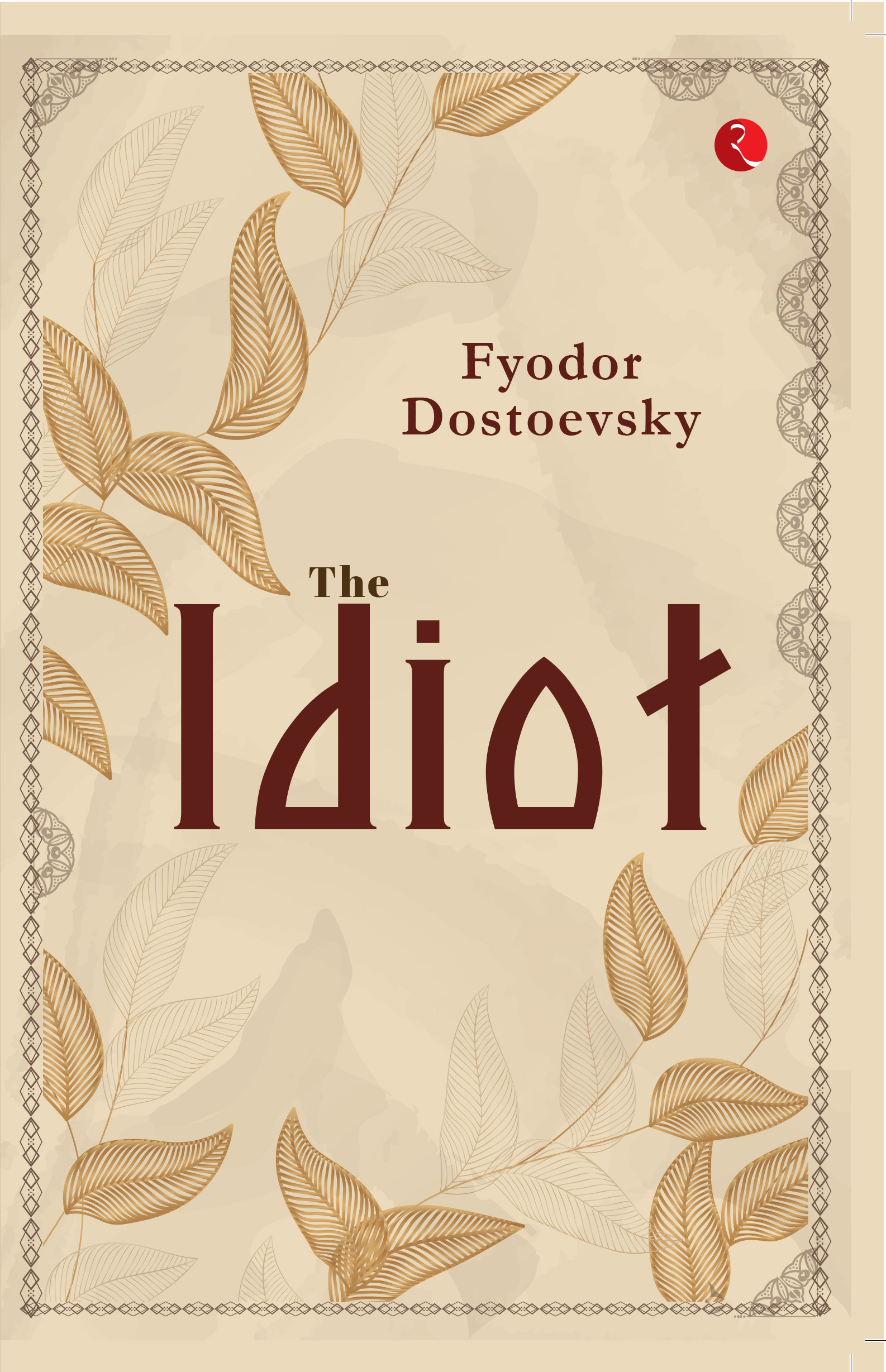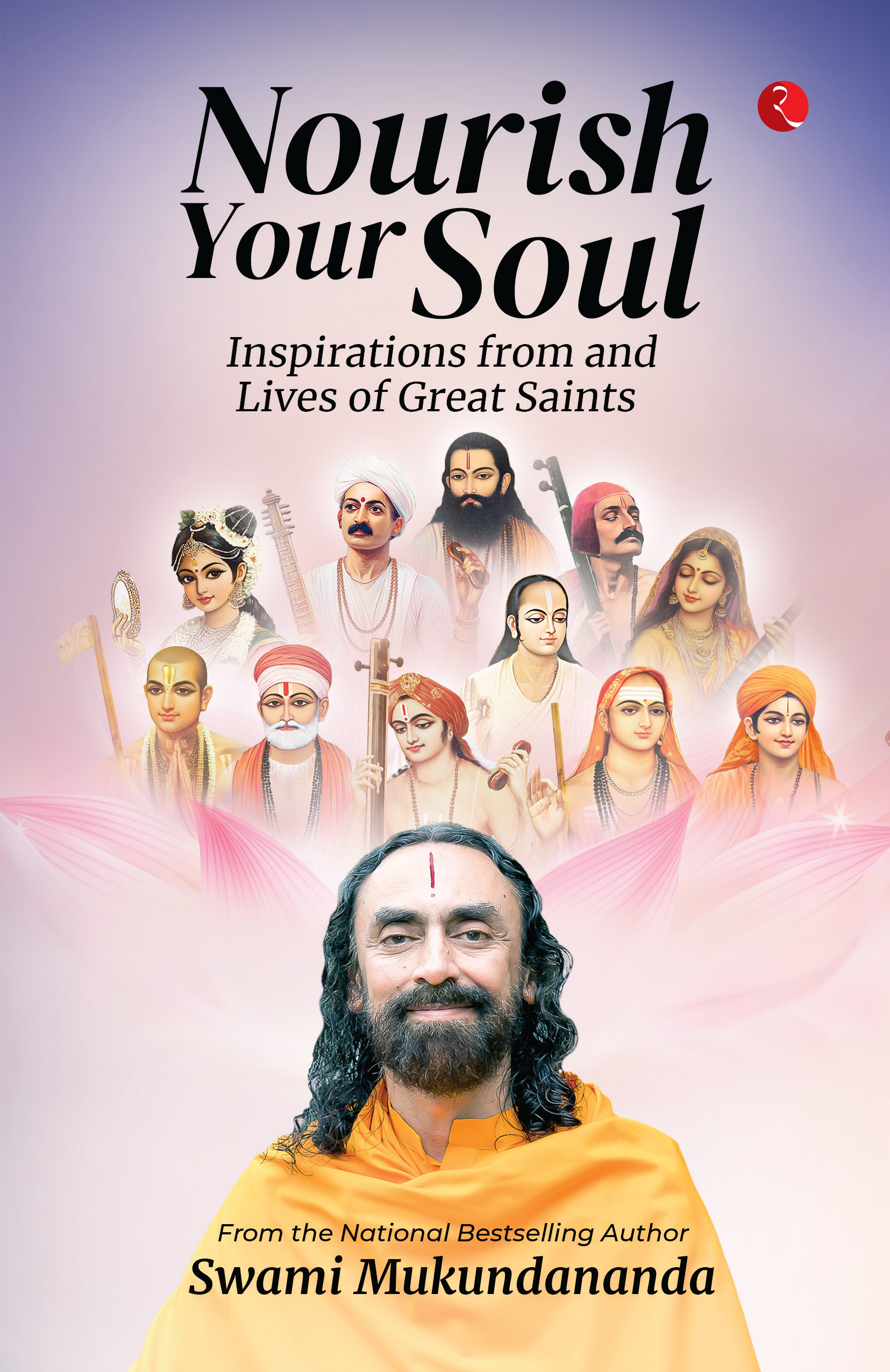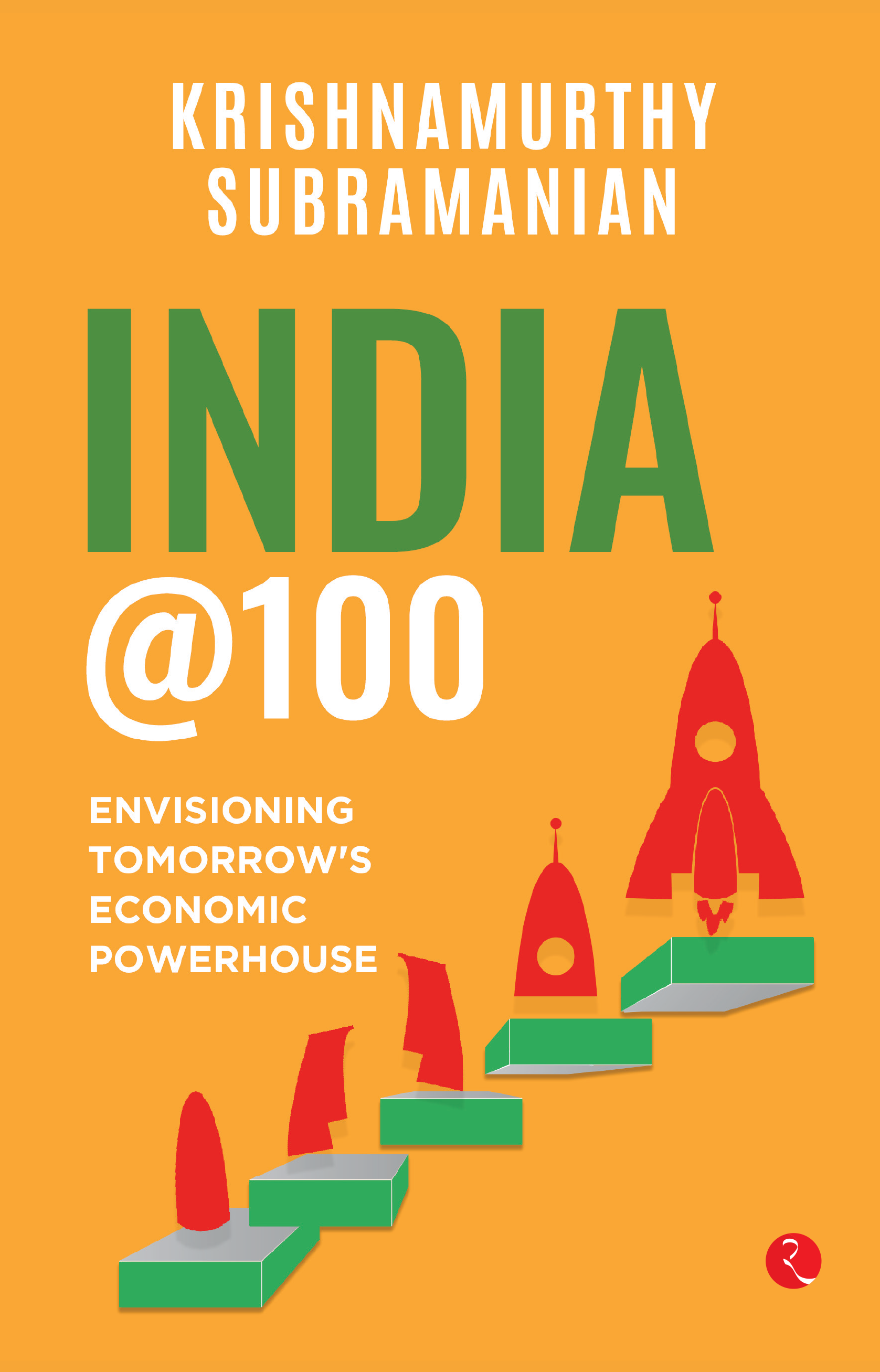ABOUT THIS BOOK
Taken to be an idiot, the naïve Prince Myshkin visits his distant relative General Yepanchin and hopes to charm him, his wife and his three daughters, but his life changes drastically after he stumbles upon a photograph of Nastasya Filippovna. Deeply infatuated with her, he finds himself caught in a love triangle, which leads him into a web of blackmail, betrayal and finally, murder. Inspired by Christ’s suffering, Dostoyevsky portrays the Russian Holy Fool’s purity as of a ‘truly beautiful soul’ and navigates through the perils that innocence and goodness face in a corrupt world. The Idiot has been titled a classic beyond the temporal and spatial bounds.
AUTHOR OF THE BOOK
Fyodor Mikhailovich Dostoevsky (11 November 1821–9 February 1881), was a Russian novelist,
short-story writer, essayist and journalist. Dostoyevsky is usually regarded as one of the finest
novelists who ever lived. Literary modernism, existentialism and various schools of psychology,
theology and literary criticism have been profoundly shaped by his ideas. His works are often called prophetic because he so accurately predicted how Russia’s revolutionaries would behave if they came to power. Dostoevsky’s literary works explore the human condition in the troubled political, social and spiritual atmospheres of 19th-century Russia and engage with a variety of philosophical and religious themes. His most acclaimed novels include Crime and Punishment (1866), The Idiot (1869), Demons (1872) and The Brothers Karamazov (1880). His 1864 novella, Notes from Underground, is considered to be one of the first works of existentialist literature. Numerous literary critics regard him as one of the greatest novelists in all of world literature, as many of his works are considered highly influential masterpieces.
He specialized in the analysis of pathological states of mind that lead to insanity, murder and suicide and in the exploration of the emotions of humiliation, self-destruction, tyrannical domination and murderous rage. These major works are also renowned as great ‘novels of ideas’ that treat timeless and timely issues in philosophy and politics. Psychology and philosophy are closely linked in Dostoyevsky’s portrayals of intellectuals, who ‘feel ideas’ in the depths of their souls. Finally, these novels broke new ground with their experiments in literary form.






